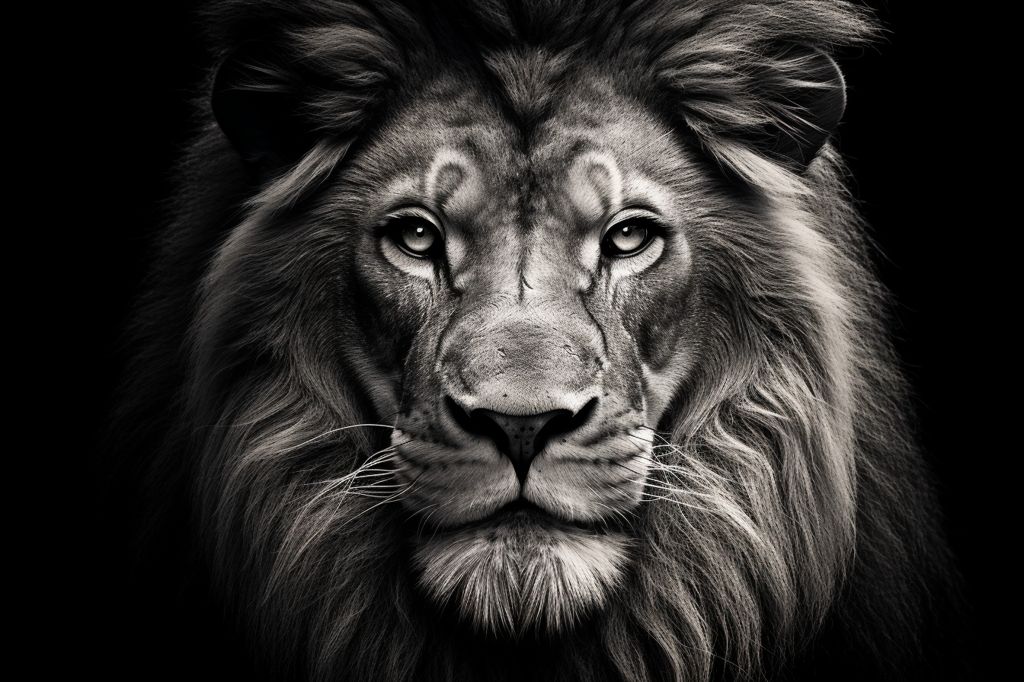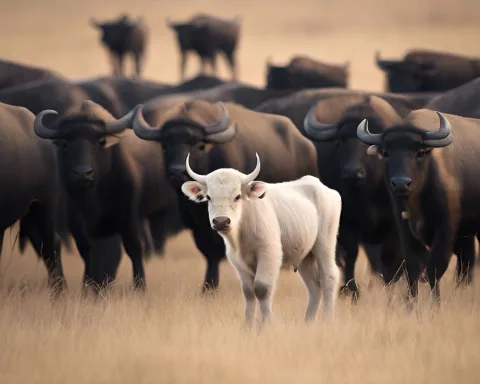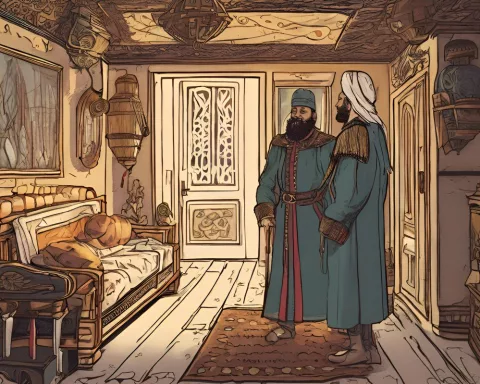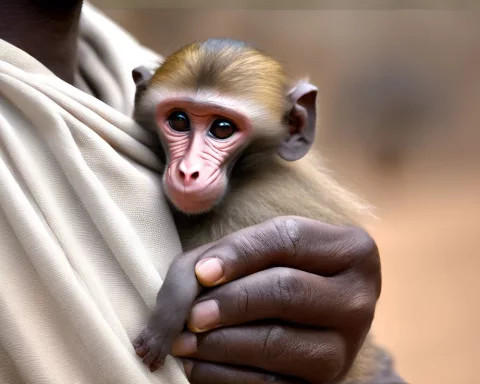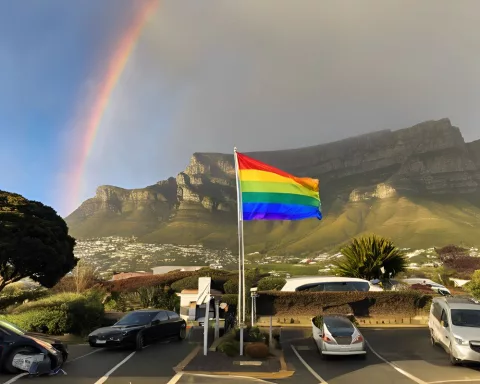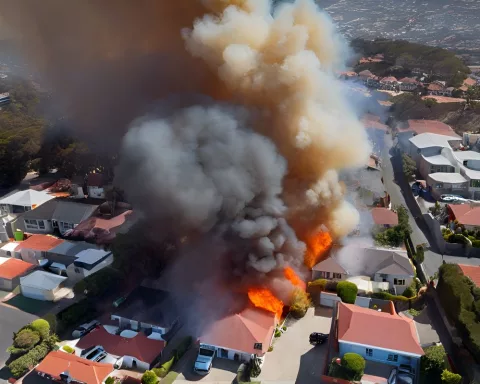Lion farming in South Africa is a contentious issue that has been in existence since the 1990s. This industry involves breeding lions in captivity for various purposes, including entertainment, canned trophy hunting, and traditional medicines. However, the industry has gained notoriety due to illegal activities such as exporting lion bones, leading to a significant rise in poaching and illegal trafficking. Wildlife researchers Neil D’Cruze and Jennah Green have expressed their concerns about the lion farming industry and advocate for its closure.
The Evolution of Lion Farming
Initially, lion farming began as a means of providing entertainment for tourists. It included cub petting and “walk with lions” experiences. The industry also served as a subject for “canned” trophy hunting, where lions were hunted in enclosed spaces with no chance of escape. However, as the demand for traditional medicines grew, breeders began exporting lion bones to Asia, where they substituted tiger bones in various products.
The Extent of Lion Farming
As of 2019, there were approximately 8,000 lions held across more than 350 facilities in South Africa. This number is a stark contrast to the estimated 3,500 wild lions in the country. Some of these farms also breed other big cats such as cheetahs, tigers, leopards, jaguars, and hybrids. However, the exact number of these animals is uncertain as the industry is not fully audited, and not all farms are officially registered.
Regulation Challenges
The regulation of the lion farming industry is problematic due to a patchwork of national legislation and provincial nature conservation authorities. Additionally, a lack of centralized national systems results in grey areas that obscure the legality of the industry and its associated activities, ultimately leading to confusion and noncompliance. Despite international regulation under CITES, lion bone exports have been deferred since the high court in South Africa declared the lion bone export quota unconstitutional in 2019.
The Pros and Cons of Lion Farming
Despite the risks associated with lion farming, it is estimated to contribute up to R500 million (US$42 million) annually to the South African economy. However, a high-level report in 2021 indicated that the industry poses risks to public health, conservation, and the country’s reputation. Consequently, the Department of Forestry, Fisheries, and the Environment has announced its intention to halt and close all captive lion facilities in South Africa. Despite this announcement, the industry has persisted.
To address this controversial industry, the South African government’s announcement to stop lion farming must be followed by a mandatory time-bound strategy to terminate the entire industry. Meanwhile, lion farms should cease breeding more lions and halt their canned hunting operations. Only through these combined efforts can South Africa put an end to the exploitation of these majestic wild animals.

